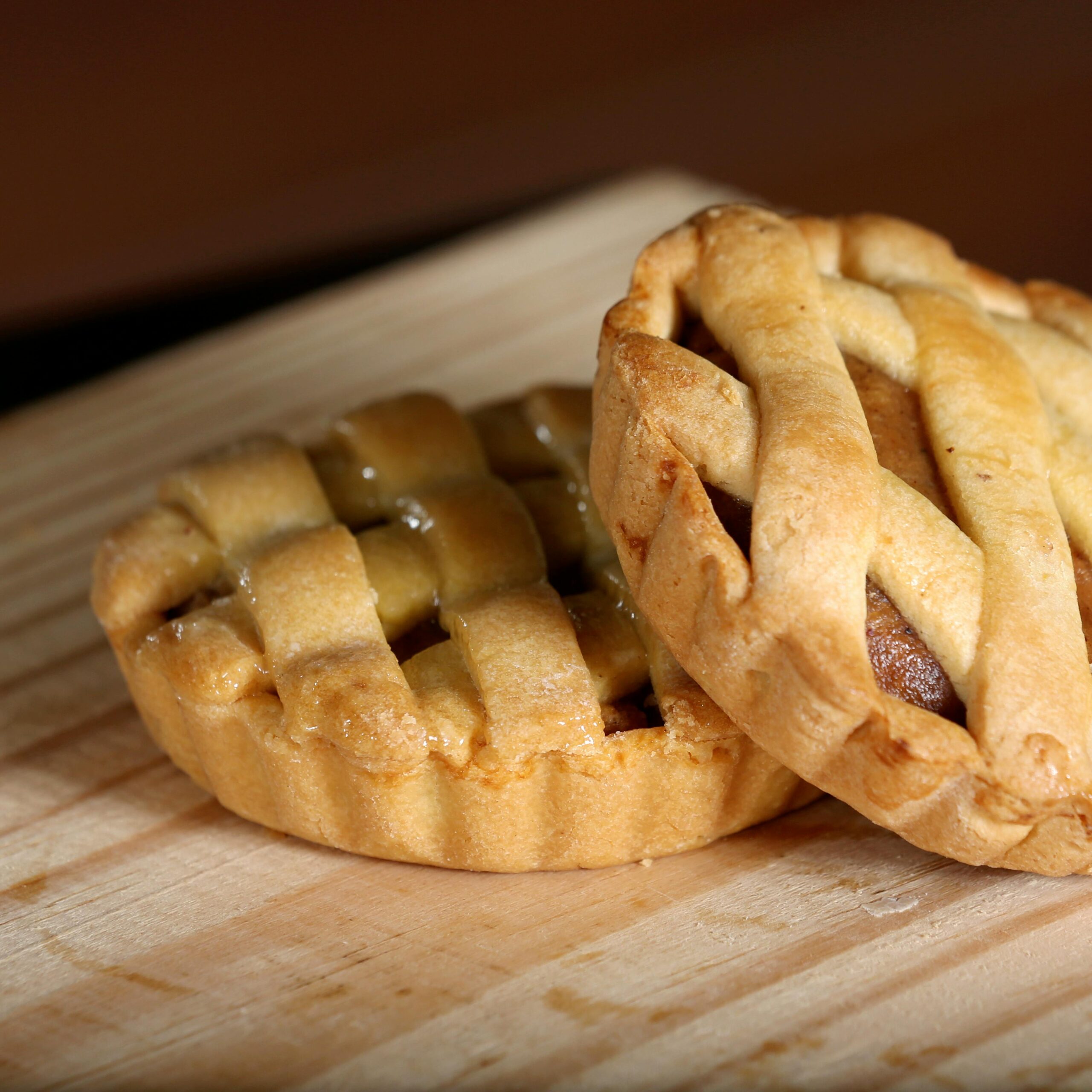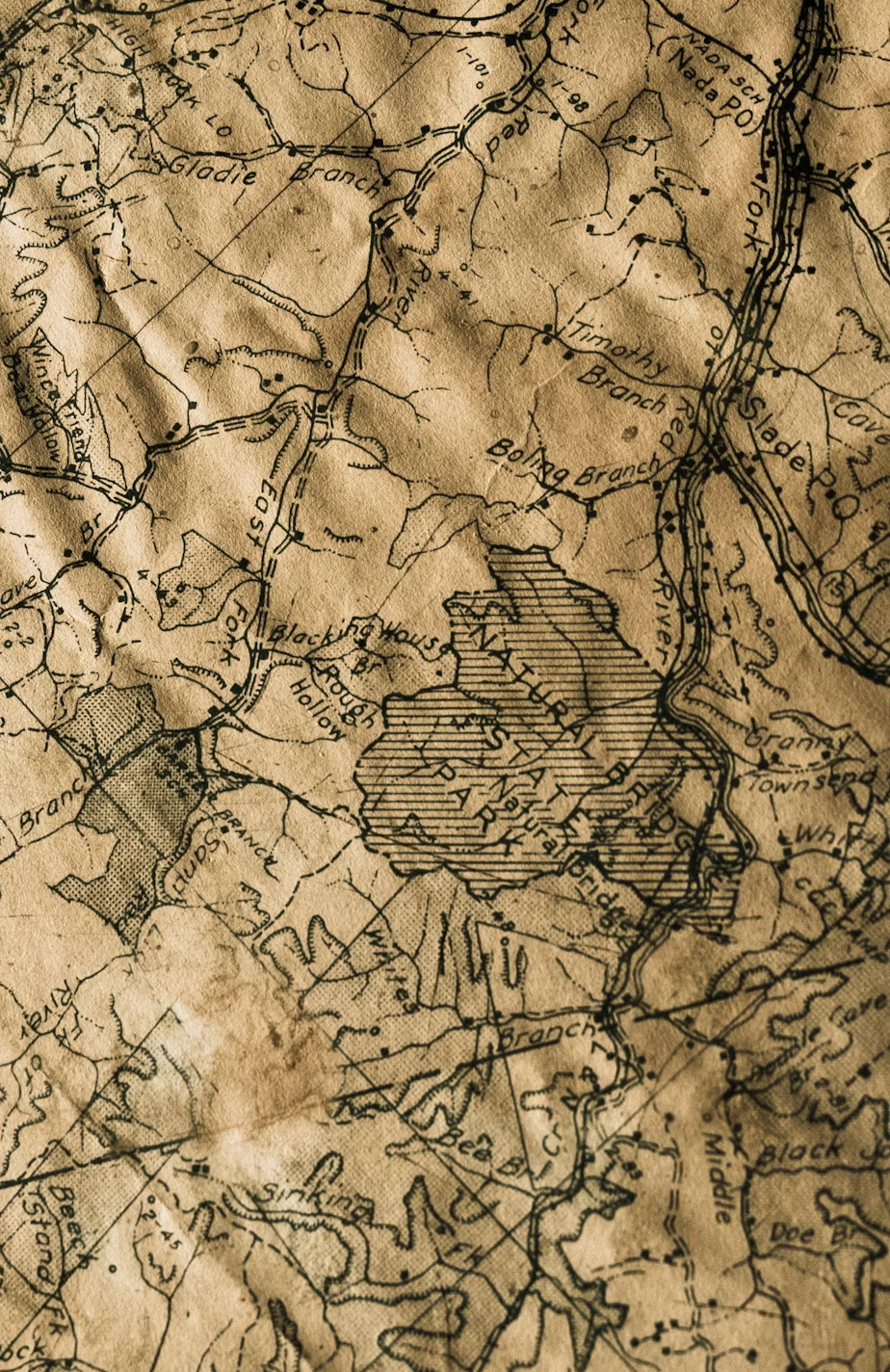By RICK BAROT
|
I took a class on how to make pie. When one desires tender fruit, a structured crust, gold at the edges, there is no ease. The teacher wore a black apron, serious as the stone inside the fruit. We stood around an industrial table, each with a bowl. Flour, yolk, shortening, sugar. Outside was summer. The oven hummed. What was called for was a teaspoon of salt. Now remove a pinch for the ocean beyond the window, its humid air. Now remove a pinch for what sweats from the fingers in the long kneading. You are always hungry. I’m your blue ribbon. I’m your huckleberry. |
Rick Barot’s most recent collection of poems is Moving the Bones. He directs the Rainier Writing Workshop, the low-residency MFA program at Pacific Lutheran University in Tacoma, Washington.




